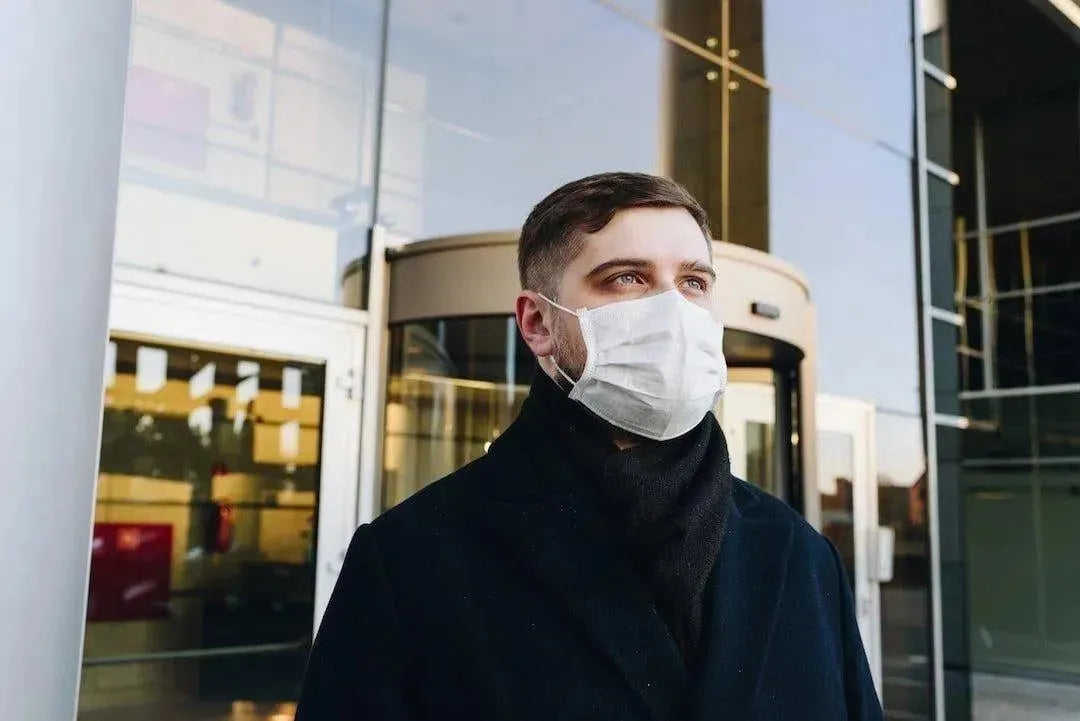KN95 Face Masks and Asthma: What You Need to Know

Living with asthma can be a challenge, especially in a world where face masks have become a daily necessity. While face masks are crucial for protecting ourselves and others from COVID-19, they can sometimes pose difficulties for those with respiratory conditions like asthma. If you or someone you know has asthma and is considering using KN95 face masks, read on to find out what you need to know.
What Are KN95 Face Masks?
KN95 face masks are a type of personal protective equipment (PPE) that are designed to filter out at least 95% of airborne particles. They are similar to N95 respirators, but they are regulated under different standards. KN95 masks are commonly used in healthcare settings and by the general public to reduce the risk of inhaling harmful particles, including viruses and pollutants.
How Do KN95 Face Masks Work?
KN95 face masks use multiple layers of filtration to capture and block out particles. The innermost layer is typically made of non-woven fabric, which helps to trap larger particles. The middle layer is often a melt-blown material that can filter out smaller particles, including airborne pathogens. Finally, the outer layer is usually a non-woven fabric that provides additional protection against liquid droplets.
These layers work together to create a barrier between the wearer and the surrounding environment. When worn properly, KN95 masks can help reduce the risk of inhaling respiratory droplets that may contain viruses, bacteria, or other harmful substances.
Can KN95 Face Masks Be Worn by People with Asthma?
Yes, KN95 face masks can be worn by people with asthma. However, it's important to consider a few factors before using them:
1. Breathability
Asthma can make it difficult to breathe, so it's crucial to choose a face mask that allows for proper airflow. Look for KN95 masks with a good balance between filtration efficiency and breathability. Some masks have exhalation valves that can make breathing easier, but it's important to note that these valves do not filter exhaled air, so they may not be suitable for certain situations.
2. Fit
A proper fit is essential for the effectiveness of a face mask, regardless of whether you have asthma or not. A poorly fitting mask can result in air leakage, reducing its overall efficiency. Make sure the KN95 mask you choose fits snugly against your face without gaps. Adjustable nose clips and ear loops can help achieve a better fit.
3. Comfort
Wearing a face mask for an extended period can be uncomfortable, especially for those with respiratory conditions. Look for masks made of soft and breathable materials that won't irritate your skin or cause discomfort. Some masks also have adjustable straps to provide a more customized and comfortable fit.
4. Medical Advice
If you have any concerns about wearing a KN95 mask due to your asthma, it's always best to consult with your healthcare provider. They can provide personalized advice based on your specific condition and needs.
Tips for Using KN95 Face Masks with Asthma
Here are a few tips to help you use KN95 face masks more effectively if you have asthma:
- Choose a mask with a high filtration efficiency (at least 95%) to ensure adequate protection.
- Take breaks when necessary to avoid feeling overwhelmed or short of breath.
- If you feel discomfort while wearing a mask, try adjusting the fit or switching to a different brand or style.
- Keep your mask clean by washing or replacing it regularly.
- Practice good hand hygiene by washing your hands before and after touching your mask.
In Conclusion
KN95 face masks can be worn by people with asthma, but it's important to consider breathability, fit, and comfort when choosing a mask. Remember, wearing a mask is crucial for protecting yourself and others from COVID-19, so finding the right mask for your needs is worth the effort. If you have any concerns or questions, don't hesitate to consult with your healthcare provider. Stay safe and breathe easy!






